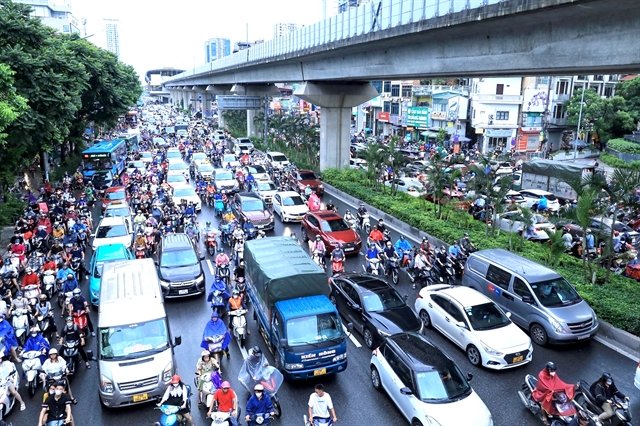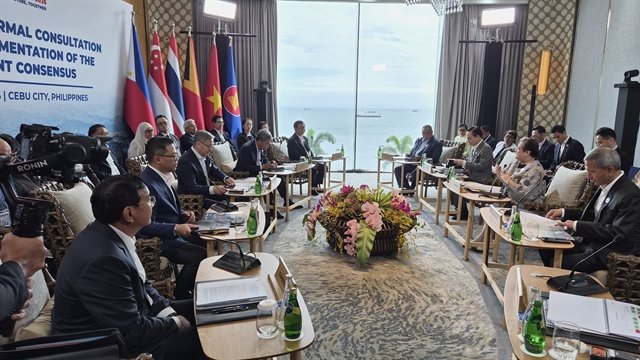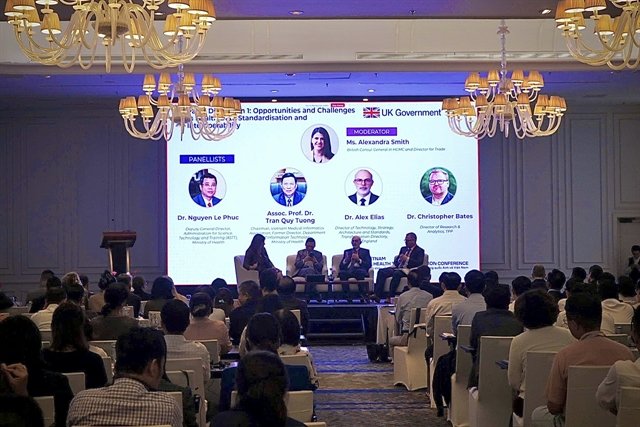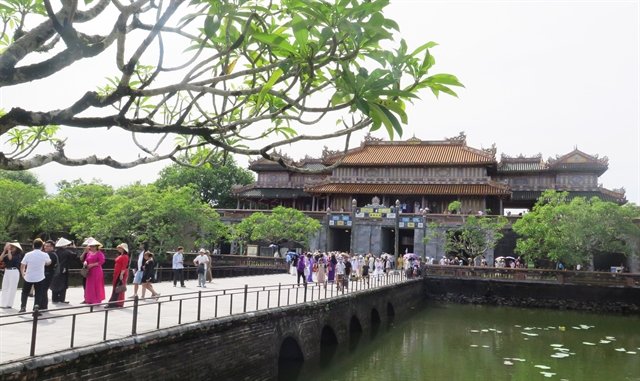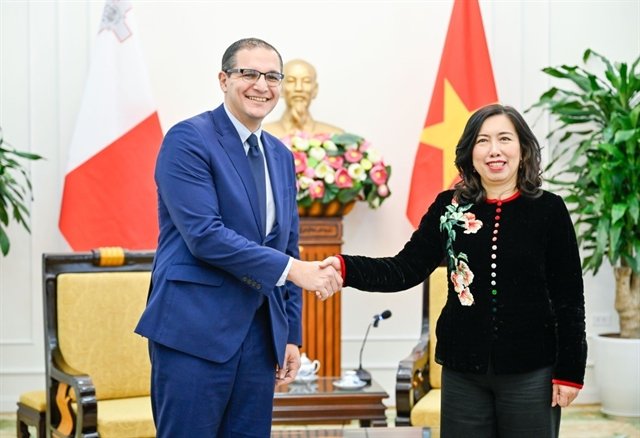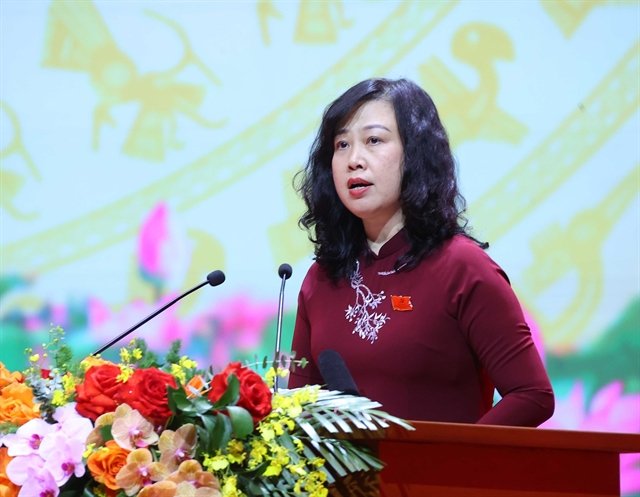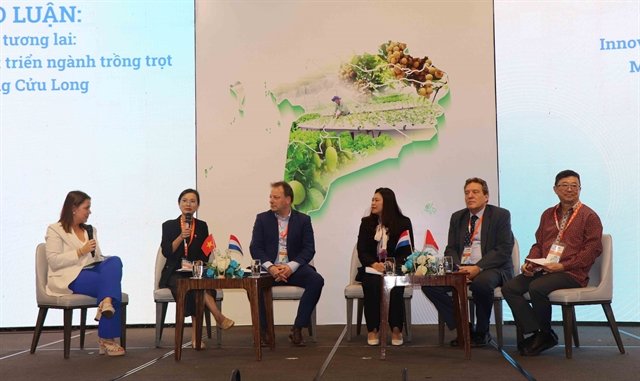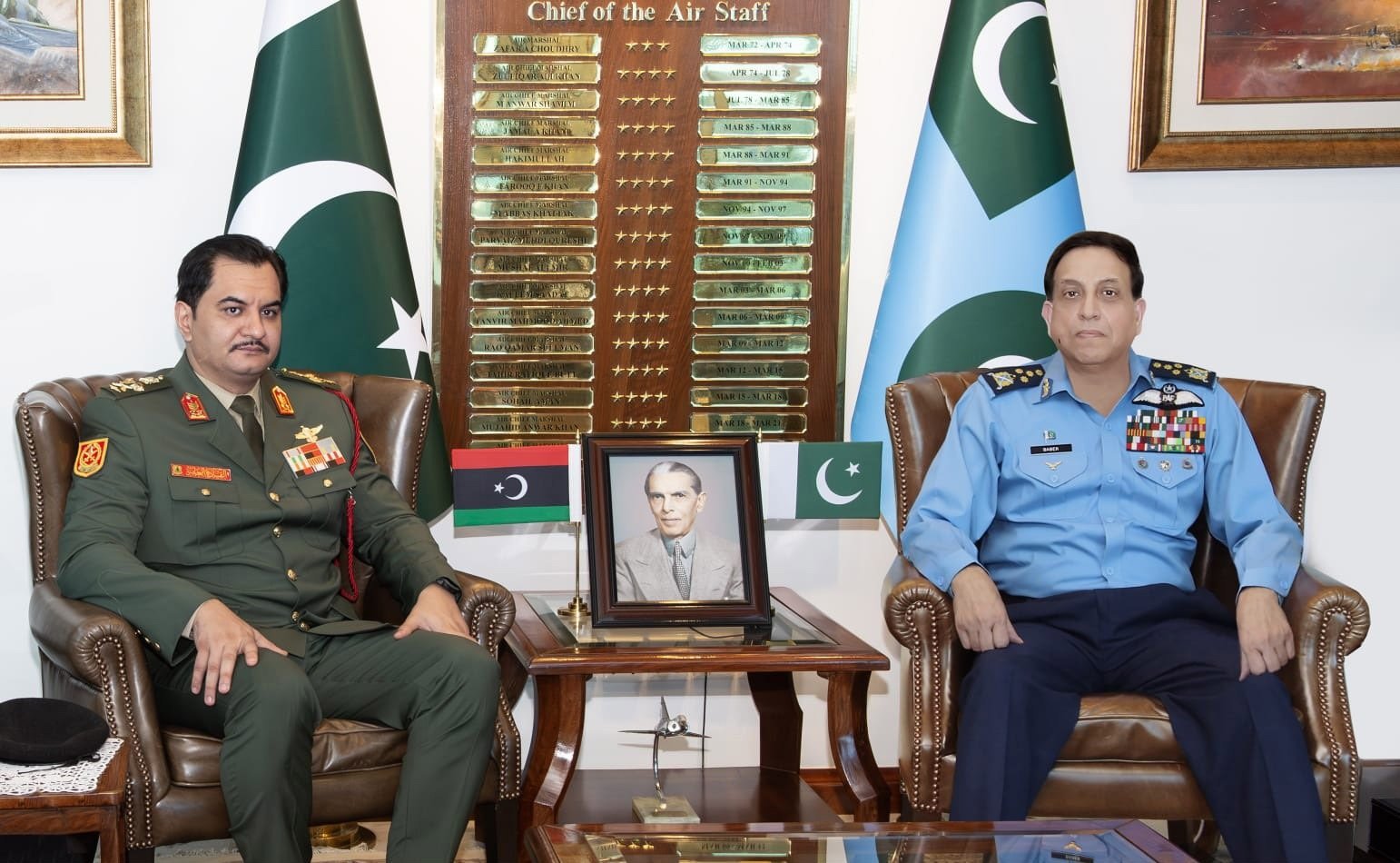Hanoi, July 29, 2025 – The Europe Today: The Ministry of Foreign Affairs of Vietnam hosted a commemorative reception in Hanoi on Monday to celebrate the 30th anniversary of the country’s accession to the Association of Southeast Asian Nations (ASEAN) (July 28, 1995 – 2025) and the 58th anniversary of ASEAN’s founding (August 8, 1967 – 2025).
Deputy Prime Minister and Minister of Foreign Affairs Bùi Thanh Sơn presided over the ceremony, which was attended by ambassadors—particularly from ASEAN countries—as well as leaders of international organisations and senior Vietnamese officials.
In his keynote address, Deputy PM Sơn emphasized the historic importance of Vietnam’s decision to join ASEAN in 1995, describing the bloc as the “first and most vital gateway” for the country’s regional integration and national development. He reaffirmed Vietnam’s enduring commitment to ASEAN’s shared vision of a peaceful, stable, and prosperous region.
“We also came together in a spirit of humility, shared responsibility, and most important, a commitment to one another,” Sơn noted, reflecting on Việt Nam’s active role in shaping key ASEAN milestones. These include the expansion to ASEAN-10, the adoption of the ASEAN Charter, the formation of the ASEAN Community, and more recently, the adoption of the “ASEAN 2045: Our Shared Future” vision.
Sơn highlighted ASEAN’s evolution into a dynamic regional force, noting its current status as the world’s fifth-largest economy, with a combined GDP nearing US$4 trillion and a population of almost 700 million. He credited ASEAN’s economic integration, including the ASEAN Free Trade Area and Economic Community, for fostering open trade, investment flows, and regional connectivity—transforming Southeast Asia into a hub of sustainable economic growth.
Looking ahead, the Vietnamese foreign minister stressed the importance of dialogue, diplomacy, international law, multilateralism, and maintaining a peaceful, stable environment as essential prerequisites for ASEAN’s continued development.
In a significant regional development, Deputy PM Sơn welcomed the newly agreed immediate and unconditional ceasefire between Cambodia and Thailand, calling it “a vital step toward de-escalation and restoration of peace and security.” The agreement was reached following successful negotiations chaired by Malaysian Prime Minister Anwar Ibrahim, in his capacity as ASEAN Chair 2025, at his official residence. The announcement drew a round of applause from participants.
Sơn reiterated Vietnam’s dedication to advancing the ASEAN Community Vision 2045, with high priorities placed on innovation, green growth, digital transformation, and inclusive, sustainable development. He affirmed that the ASEAN Future Forum, initiated and hosted by Vietnam, would serve as a platform for open and inclusive dialogue, aimed at shaping the bloc’s future.
The Deputy PM also expressed deep appreciation for generations of leaders and officials whose dedication laid the groundwork for Việt Nam’s active and meaningful contributions to ASEAN over the past three decades.
On behalf of ASEAN member states, Ambassador Dato’ Tan Yang Thai of Malaysia—Chair of ASEAN 2025—offered warm congratulations to Việt Nam, describing its accession in 1995 as a defining moment that paved the way for the bloc’s expansion to ASEAN-10 in 1999.
Ambassador Tan commended Việt Nam for being a proactive, responsible, and constructive member of ASEAN. He praised the country’s contributions to regional economic integration, peace and stability, and the promotion of a rules-based regional order. He also acknowledged Việt Nam’s leadership during its 2020 ASEAN Chairmanship, which helped sustain cooperation momentum, strengthen regional recovery, and promote strategic agreements such as the Regional Comprehensive Economic Partnership (RCEP).
The diplomat lauded the ASEAN Future Forum as a visionary initiative that reflects Việt Nam’s strategic mindset and proactive role in shaping the region’s trajectory.
Vietnam’s 30-year journey with ASEAN, Ambassador Tan noted, underscores its long-standing foreign policy principles of independence, self-reliance, multilateralism, diversification, and deep international integration. Looking forward, he affirmed that Vietnam would continue to play an active role in building a peaceful, stable, and sustainably developing Southeast Asia.

